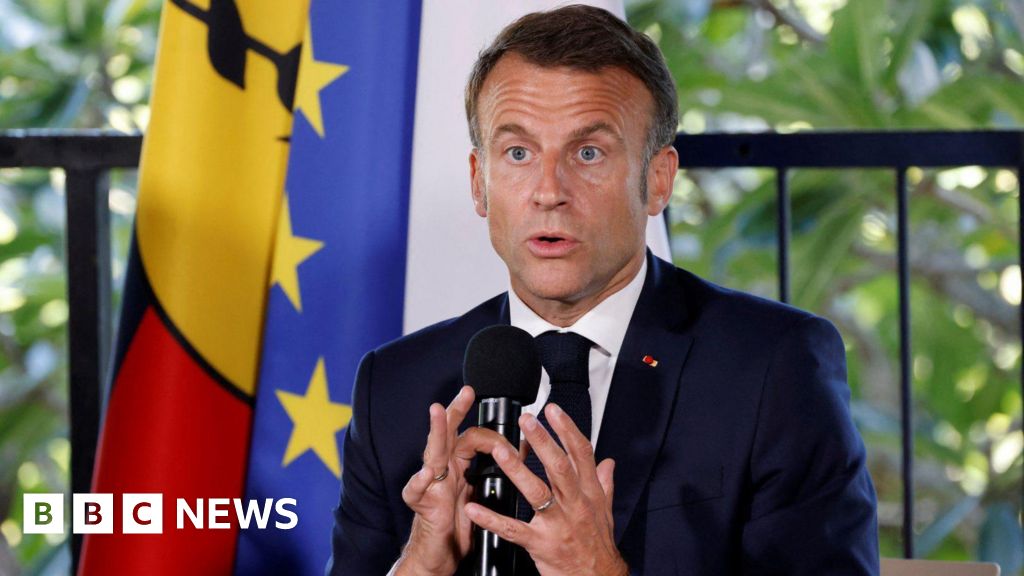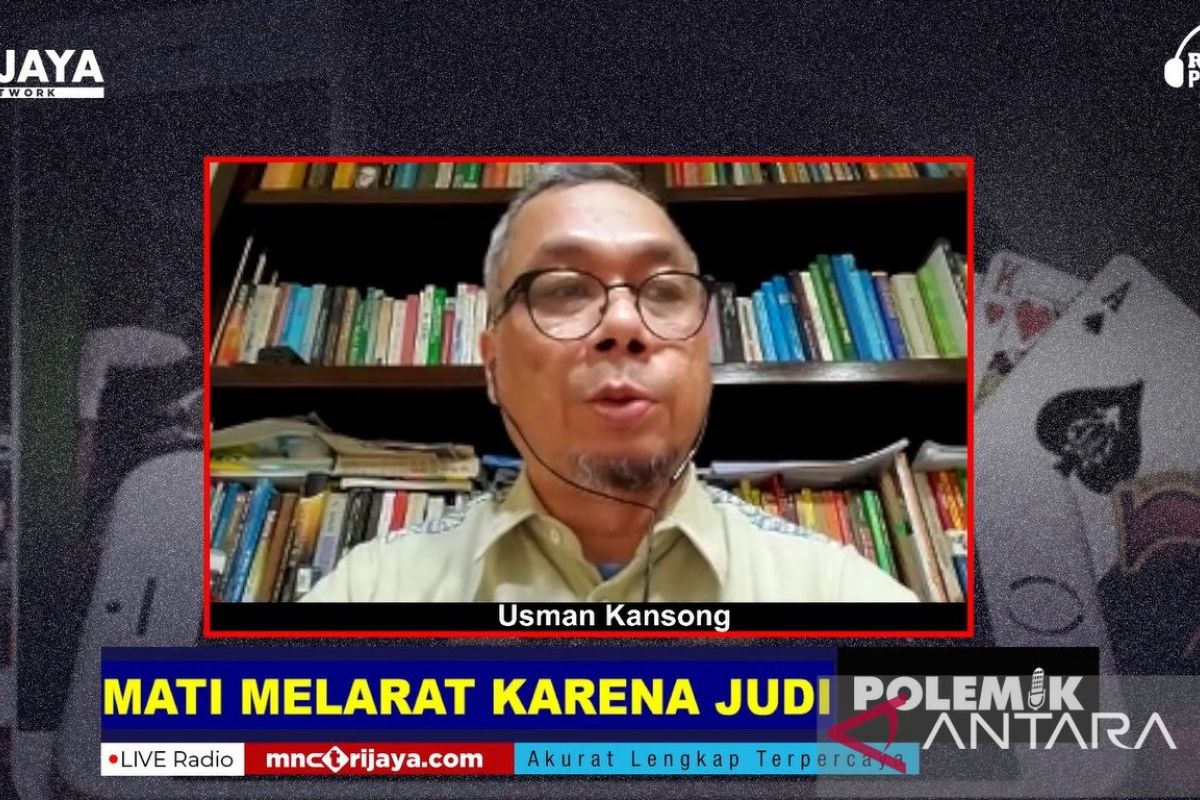World
New Caledonia: French police to remain in riot-hit territory, says Macron – BBC News

- Author, Jaroslav Lukiv
- Role, BBC News
-
President Emmanuel Macron has vowed that French police forces will remain for “as long as necessary” in New Caledonia, as he arrived in the riot-plagued French Pacific territory.
Mr Macron said the 3,000-strong force deployed from France would stay put – even during the Paris Summer Olympics if required.
Six people, including two police officers, have been killed and hundreds injured in the riots triggered by a controversial electoral reform proposed last week.
Indigenous Kanaks say the political influence of native people will be diluted if more French residents are allowed to vote in local elections.
There have long been tensions between the central government in Paris and New Caledonia’s pro-independence Kanaks, who make up about 40% of the tiny archipelago.
The group of islands, located between Australia and Fiji, has been a French territory since the 19th Century. The riots have marked the worst unrest it has seen since the 1980s.
After flying to New Caledonia’s capital Nouméa on Thursday, President Macron said he wanted the return of peace, calm and security “as quickly as possible”.
“That is the absolute priority,” the French leader said.
He paid respects to the victims of the riots, as he met local political and business leaders.
The summit included separatist leaders, who said beforehand that they hoped it could “breathe new life” into discussions with France.
Mr Macron admitted that the most delicate conversation to be had was that of politics – and of the future of New Caledonia, the BBC’s Australia correspondent Katy Watson reports, adding that he will have a huge job on his hands.
Police have held 269 people since the violence began on 13 May, and New Caledonia is currently under a state of emergency.
But Mr Macron hinted that the emergency status could be lifted in the coming days, saying: “I personally believe that the state of emergency should not be extended”.
Image source, EPA-EFE/REX/Shutterstock
New Caledonia has a population of about 300,000 people, including 112,000 indigenous Kanaks.
Under the 1998 Nouméa Accord, France agreed to give the territory more political autonomy and to limit voting in provincial and assembly elections to those who were residents then.
More than 40,000 French nationals have moved to New Caledonia since.
Last week, the National Assembly in Paris proposed granting voting rights to French residents who have lived in the territory for 10 years.
Because this requires a change to the constitution, the measure faces further hurdles.
The Nouméa agreement allowed for three referendums on the country’s future. Independence was rejected in all instances.
The first two showed slim majorities for remaining part of France. The third, in December 2021, was boycotted by pro-independence parties because it was held during the Covid pandemic.








